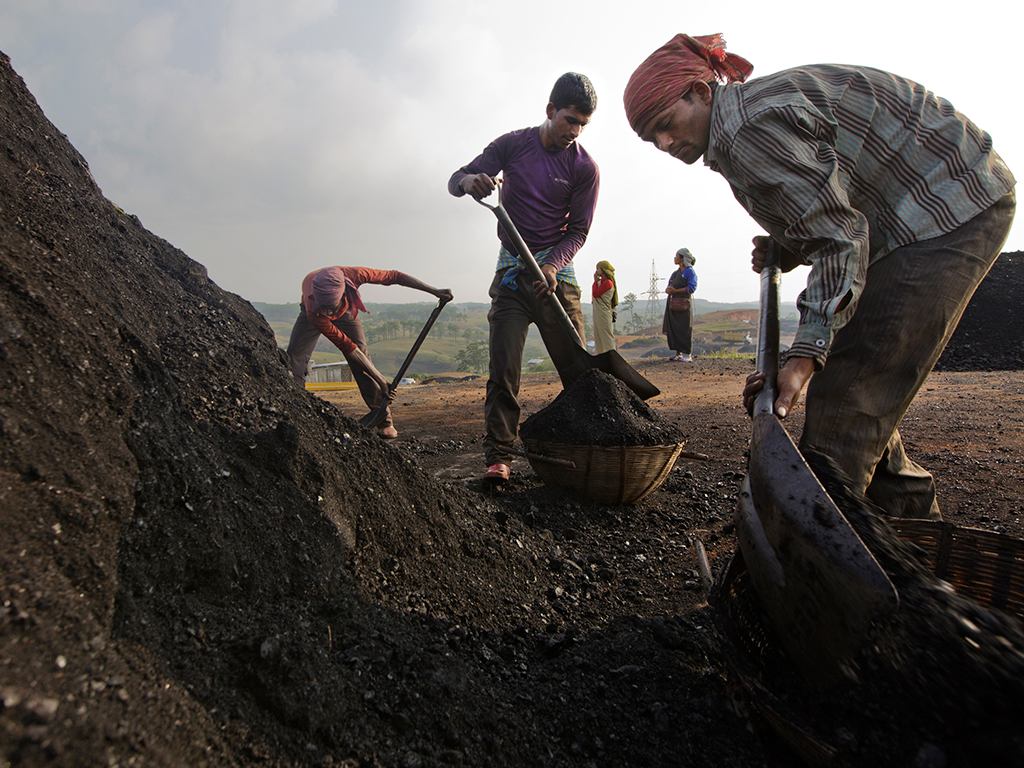Coal strikes threaten Modi’s reform plans
Five-day strike by workers at mostly state-owned Coal India comes amid fears that Narendra Modi wants to privatise the industry

Coal workers in Meghalaya, India. Many workers are fearful that Modi's plans to auction off mining licenses could privatise the industry and compromise their rights
Six months since he became Prime Minister of India, Narendra Modi will this week face his sternest test in his efforts to reform the country’s economy. A five-day strike by workers at India’s largest producer of coal, Coal India, will begin today in protest at planned reforms of the industry.
Modi has sought to reinvigorate the industry by encouraging greater competition
Miners are concerned that Modi’s plans to conduct auctions for many of the mining licenses that were cancelled last year are an attempt to privatise an industry and reduce the rights of workers. After 2014’s political scandal – dubbed “Coalgate” – saw many mining licenses issued over the last decade revoked, Modi has sought to reinvigorate the industry by encouraging greater competition.
However, with Coal India being largely state-owned, as well as dominating the industry, many workers fear that new private owners will erode their rights. Trade unions throughout the country have called the strike, calling for an end to the gradual “denationalising” of the coal industry over the last year. It is likely to hit production of almost 1.5 million tonnes a day. It is the largest industrial action in the country in nearly 40 years, and represents a key moment in Modi’s term as Prime Minister.
All India Trade Union Congress General Secretary Gurudas Dasgupta told reporters, “This will probably be the biggest ever strike in the industry; the power sector may be hit by a prolonged strike.” There have even been reports that despite stockpiling of coal in anticipation of industrial action, some power stations may run out before the end of the five-day strike.
Hailed internationally as a reforming, business-friendly choice to rule India after years of corruption and unfulfilled promise, Modi is also a controversial figure at home. However, if he can overcome this first hurdle, it will be a sign that India’s coal industry, among others, is likely to welcome private investment in the future.













